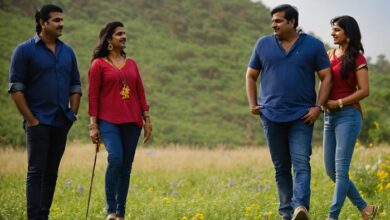half wicked labz

This post could explore popular health and fitness trends, separating fact from fiction. You could discuss the importance of consulting medical professionals before trying new supplements or workout routines, and emphasize the value of evidence-based practices.
The Power of Science: Dietary Supplements
This post could explain the scientific process behind developing and testing dietary supplements. It could highlight the difference between regulated medications and unregulated supplements, and encourage readers to approach them with caution.
Beyond the Hype: the Fitness Industry
This post could delve into the often confusing world of fitness marketing and advertising. It could equip readers with tools to critically evaluate fitness claims, find reliable information, and set realistic goals for their health and well-being.
The Allure of Alternative Medicine: Different Perspectives
This post could discuss the rise of alternative medicine and explore various perspectives on its effectiveness. It could emphasize the importance of open-mindedness while also cautioning against relying solely on anecdotal evidence or personal testimonials.
Responsible Research: Clinical Trials and Regulation
This post could shed light on the often complex world of clinical research and regulatory processes. It could explain the importance of rigorous testing and approval systems for ensuring the safety and efficacy of new products.
Conclusion
Exploring health, fitness, and alternative medicine can be fascinating, but it’s crucial to be discerning and prioritize accurate information. By understanding the scientific process, critically evaluating claims, and consulting reliable sources, you can make informed decisions about your well-being. Remember, responsible research and responsible consumption are key to navigating these potentially “risky” topics.
FAQ
- Q: How can I stay informed about reliable health and fitness information?
A: Consult health professionals, government agencies like the FDA, and reputable organizations like the Mayo Clinic. Look for information based on scientific evidence and peer-reviewed studies.
- Q: What are some red flags to watch out for when evaluating supplements or wellness claims?
A: Watch out for exaggerated promises, testimonials instead of scientific evidence, and unregulated or unknown ingredients. Consult your doctor before trying any new product.
- Q: How can I find trustworthy information about alternative medicine practices?
A: Look for websites and resources sponsored by reputable organizations, universities, or research institutions. Look for information based on evidence and critical analysis, not just personal anecdotes.



